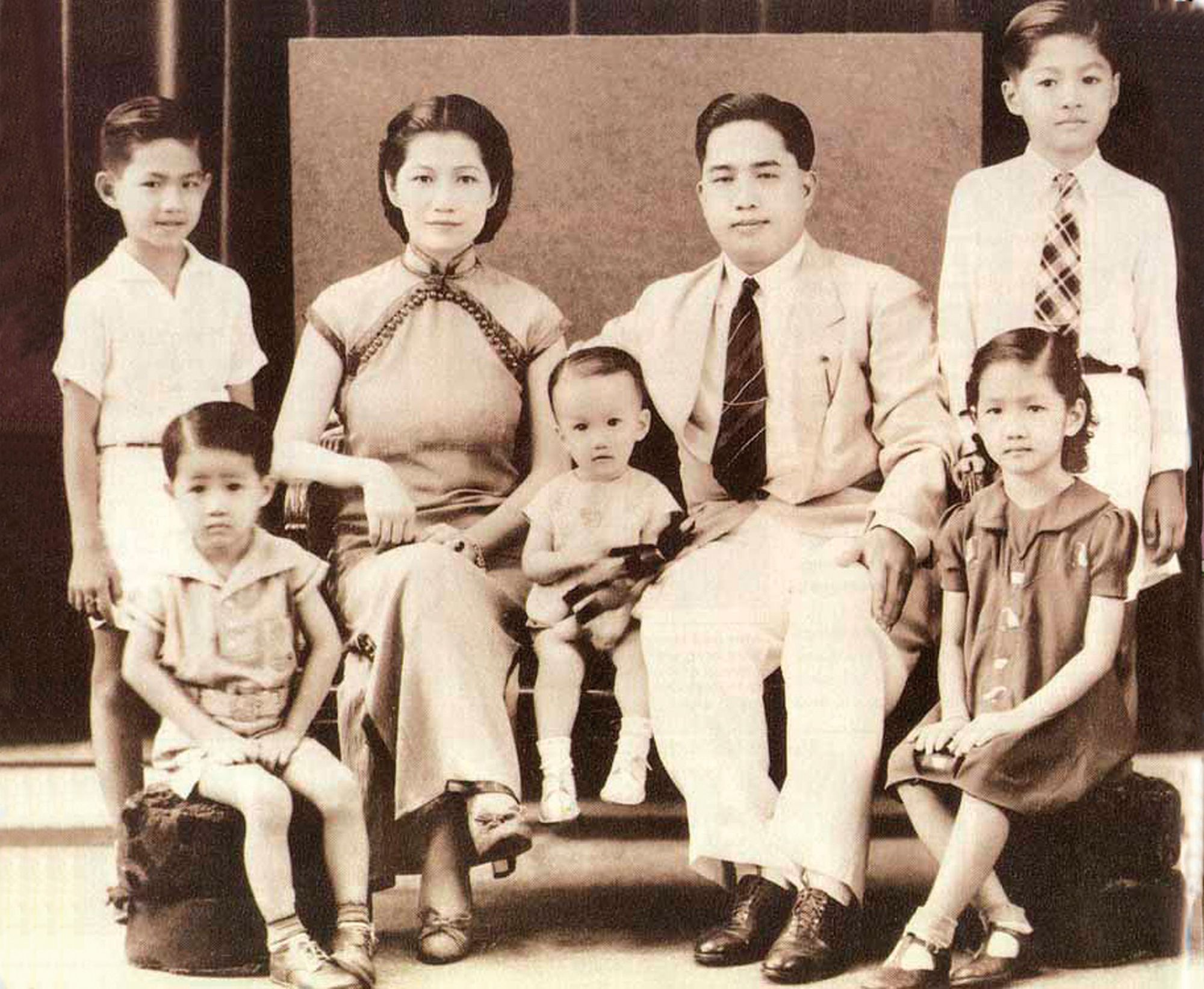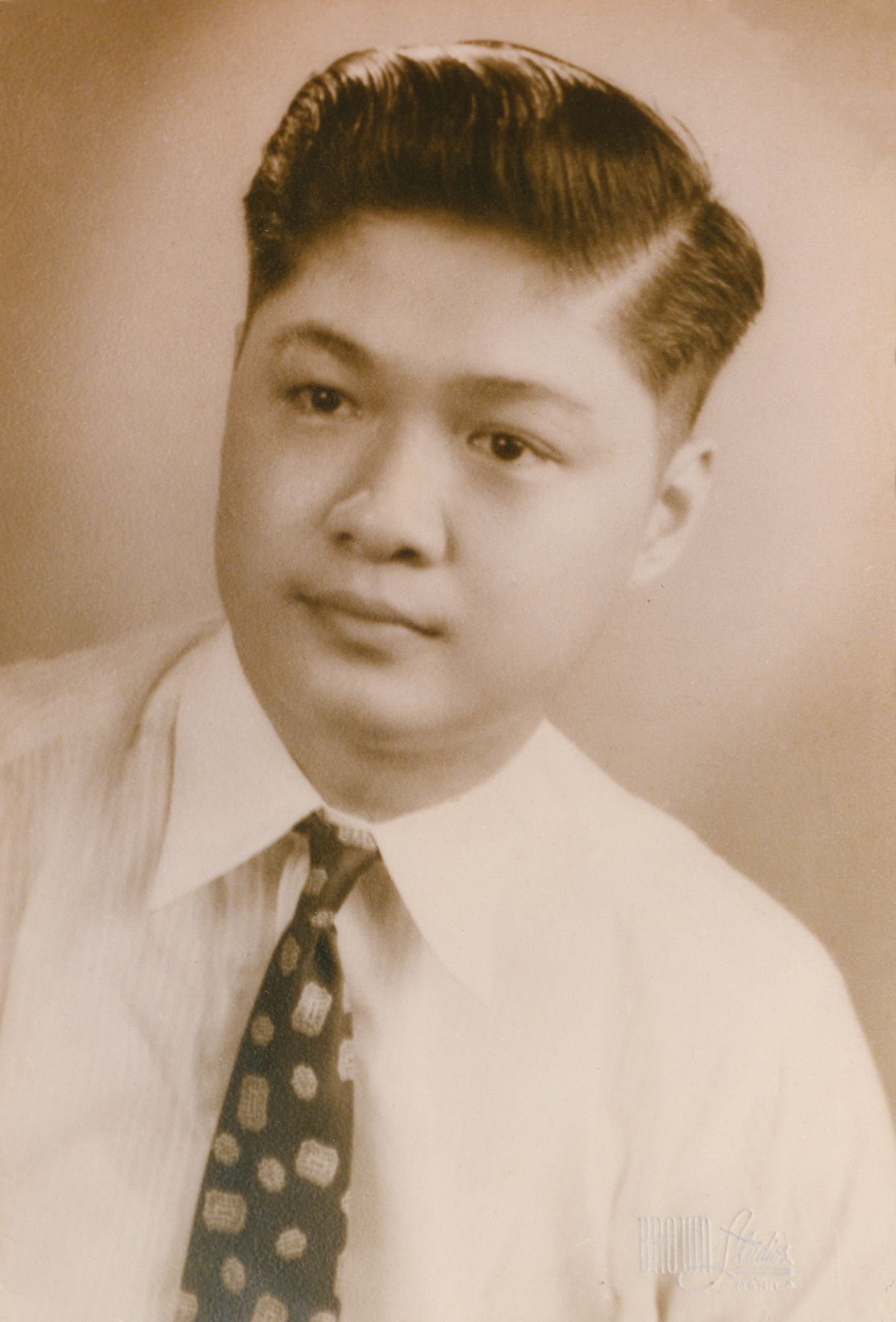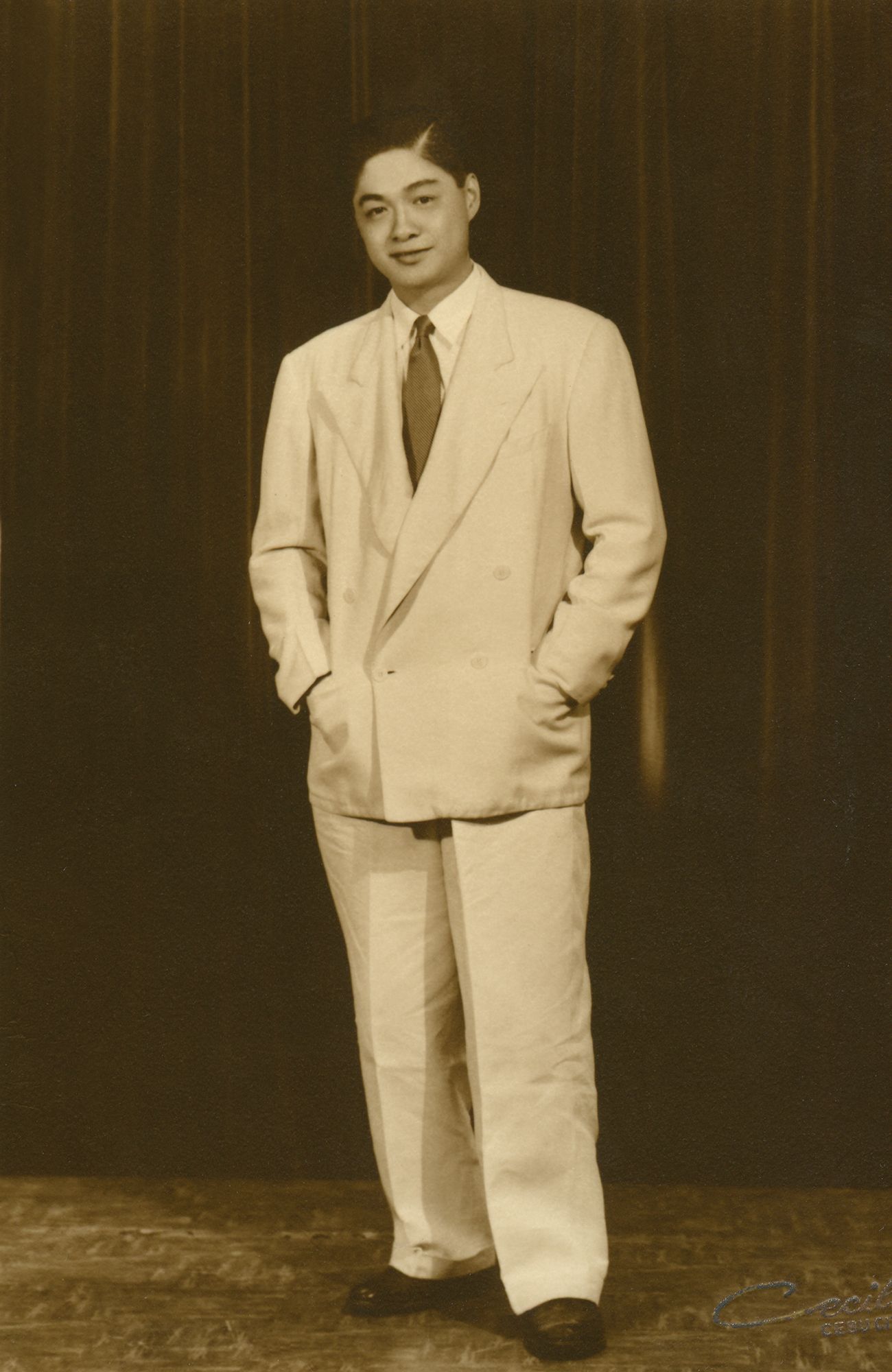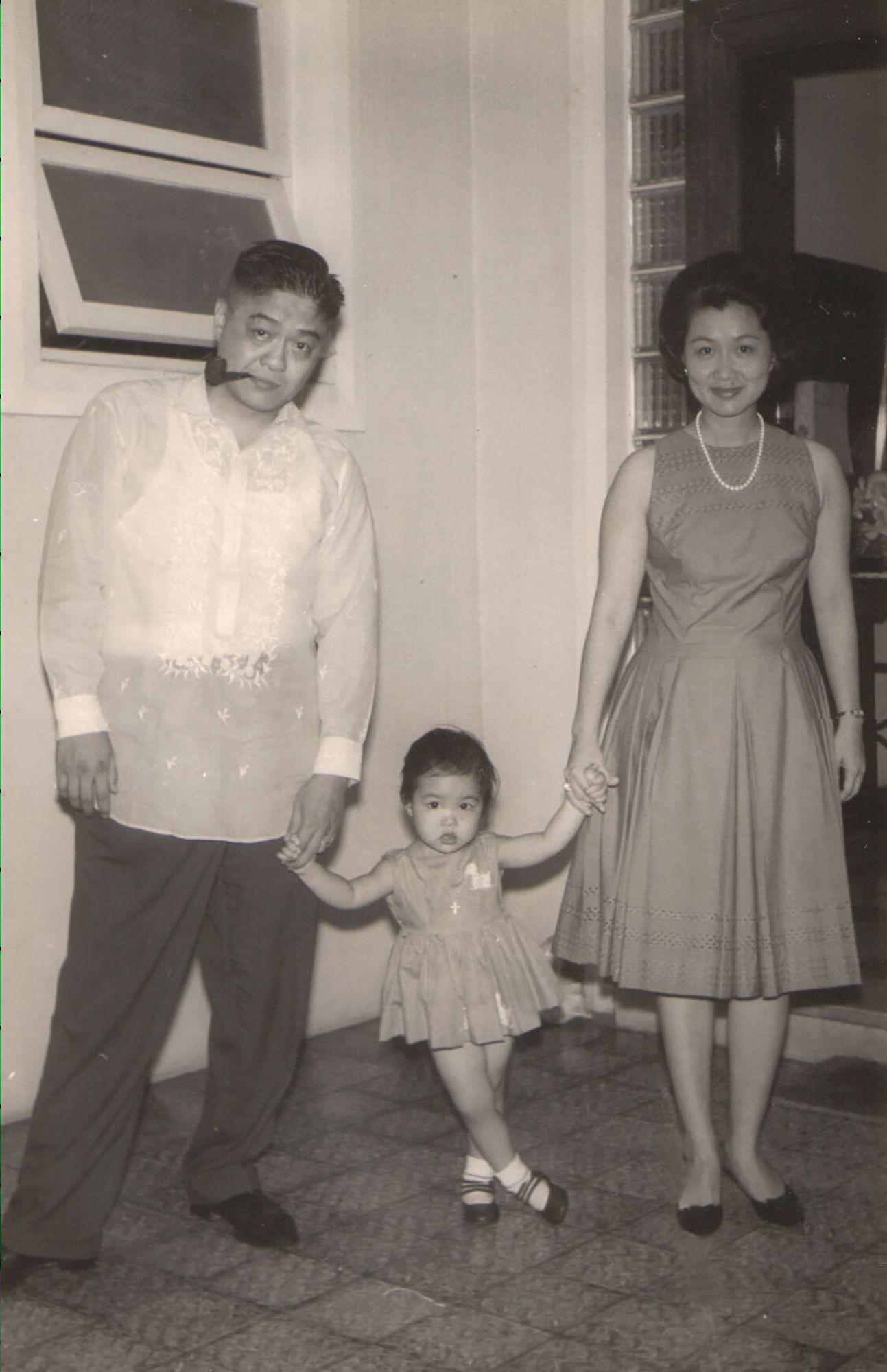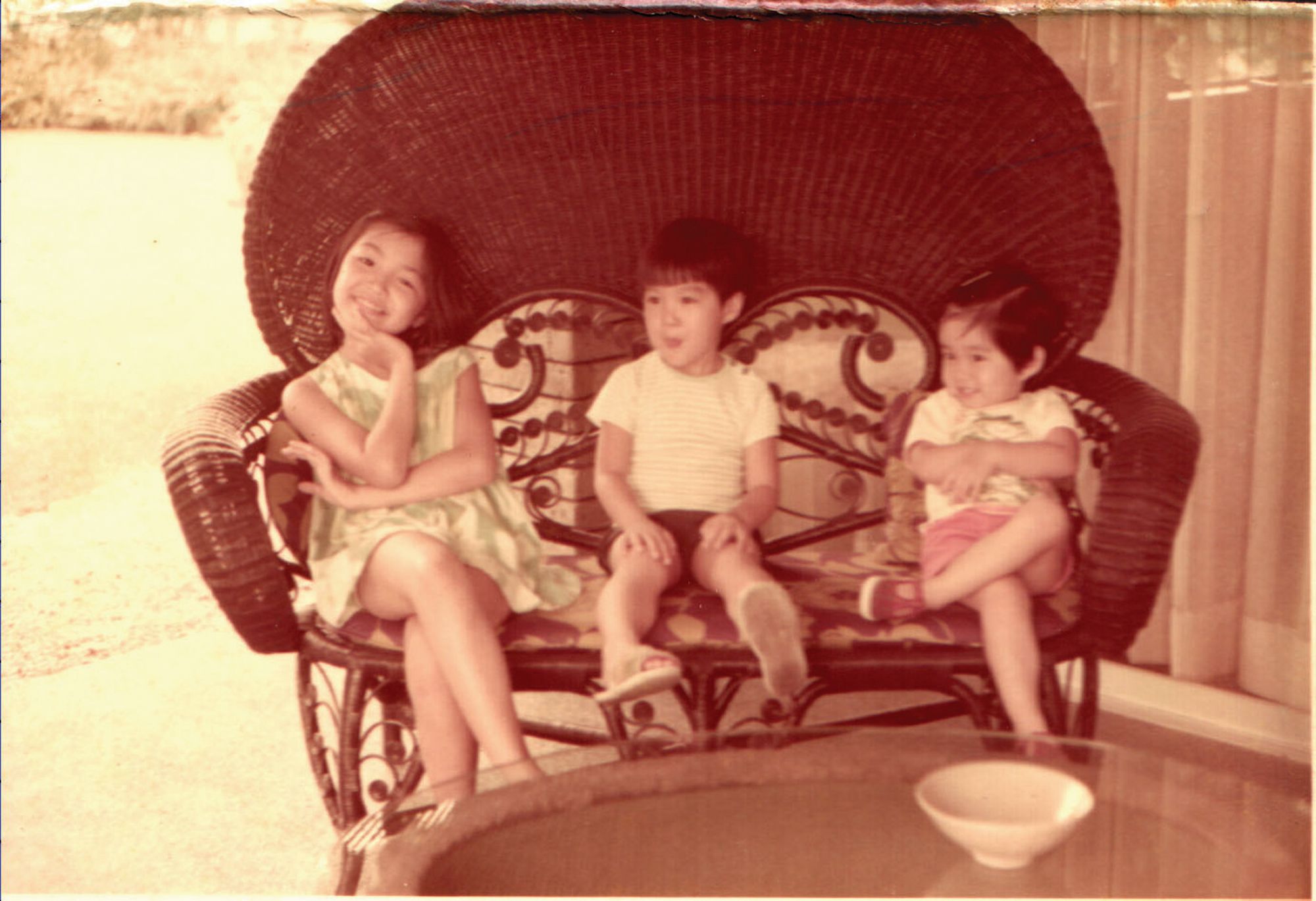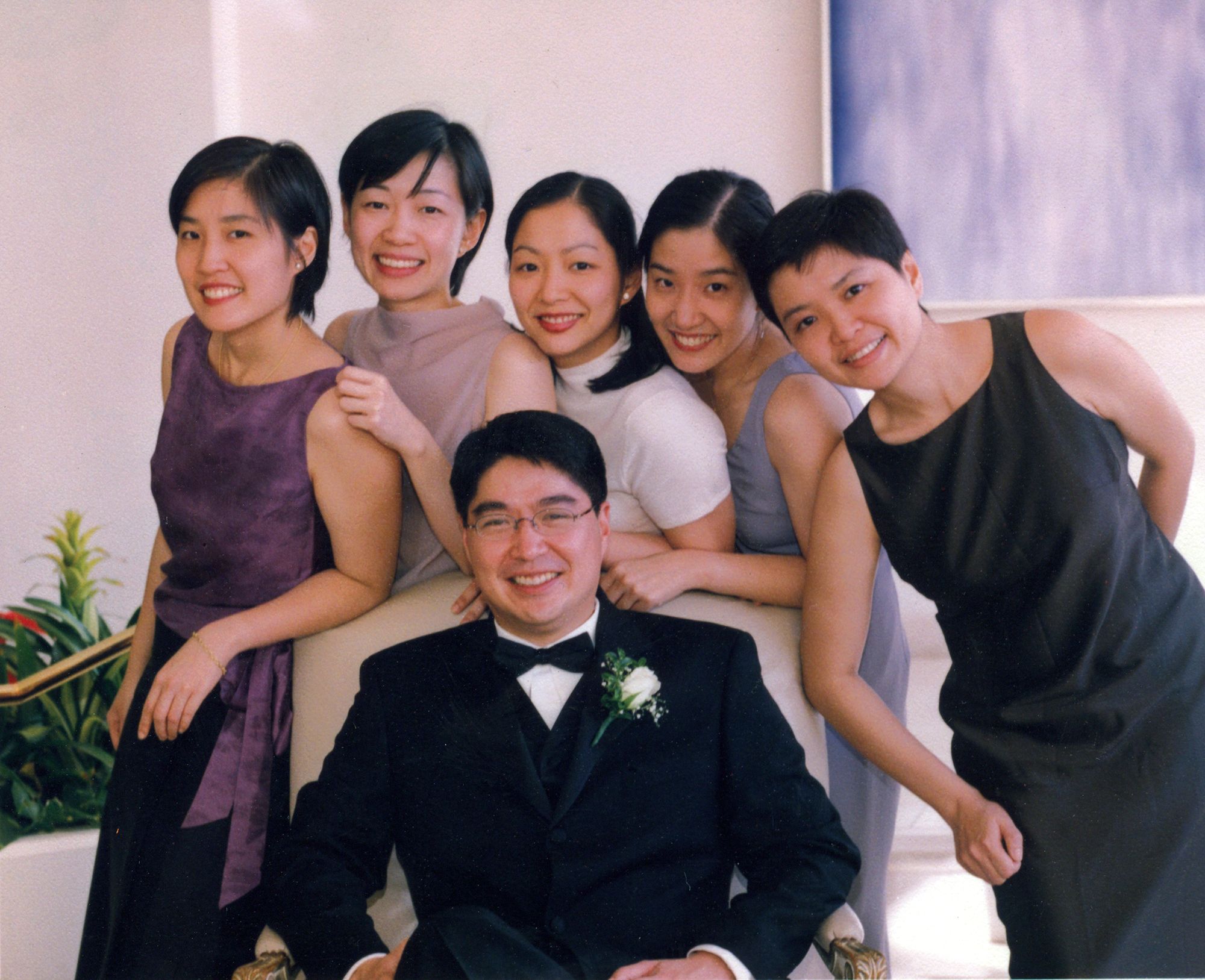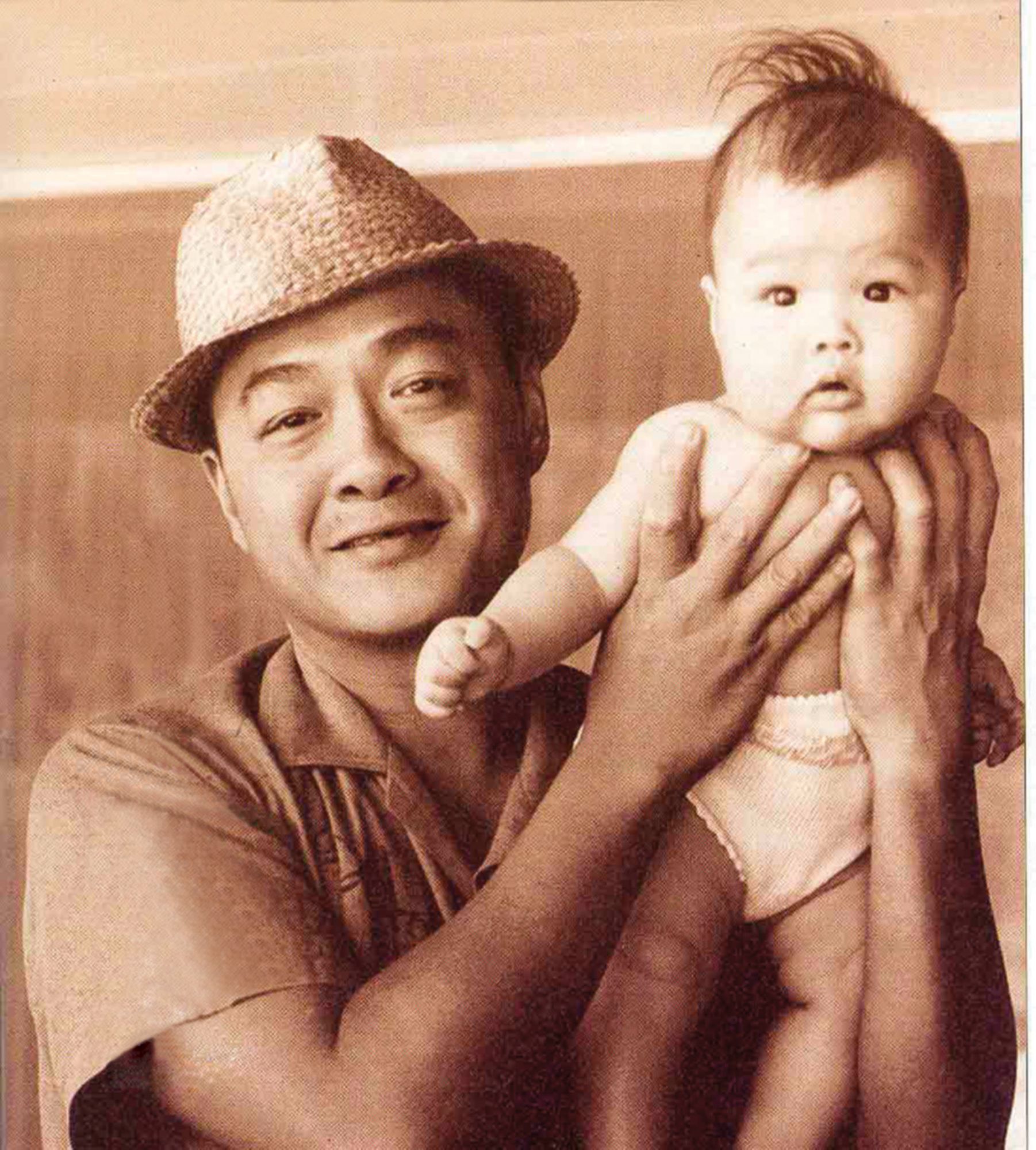We recall the humble beginnings of the man behind JG Summit conglomerate and how he became one of the richest and most influential men of his time, the rewards of giving, and the legacy he left behind
This feature story was originally titled as The Man with a Golden Heart, published in the August 2007 issue of Tatler Philippines, at the time when the subject was still alive and about to have his 81st birthday. Mr. Gokongwei, together with his wife Elizabeth, passed away last November 2019. This story was copied as is, changes were made only on the lead paragraph above.
Five years ago the Ateneo Board of Trustees met to get donations for the university's business school. Gabriel Singson, former Bangko Sentral ng Pilipinas governor and school board trustee, was asked by the Jesuits if he could get support from his best friend, the tycoon John Gokongwei Jr. At the time of the meetings, Gokongwei was abroad. Singson then made his pitch for a three million-peso endowment for a professional chair to Gokongwei’s brother, James Go, chairman of JG Summit conglomerate. (Singson is also a director of the JG Summit Holdings and head of JGS Capital Market Corp.) Go replied, “That amount is too small for John. He thinks big.” Singson returned to the Jesuits and told them to propose a bigger subsidy. The Jesuits suggested the construction of a room in the business school that would be named after Gokongwei.
Although the proposed endowment was a few millions more, Go maintained that the bid was still modest by his brother’s standards. The plan was to make it a donation as a birthday gift for Gokongwei, who has been known for his big heart.
The Jesuits requested an endowment of 300 million pesos and, in return, the building would be named John Gokongwei School of Management (JGSOM). Ateneo University president Fr Bienvenido Nebres and Singson met with Go and John Lance Gokongwei, president and chief operating officer of JG Summit. The younger Gokongwei said he and his uncle could pledge only 100 million pesos on their authority.
On returning from his sojourn, Gokongwei, founder and chairman emeritus of JG Summit, and chairman of the Gokongwei Brothers Foundation, went to Singson’s office and declared, “I’m good up to 200 million pesos.”
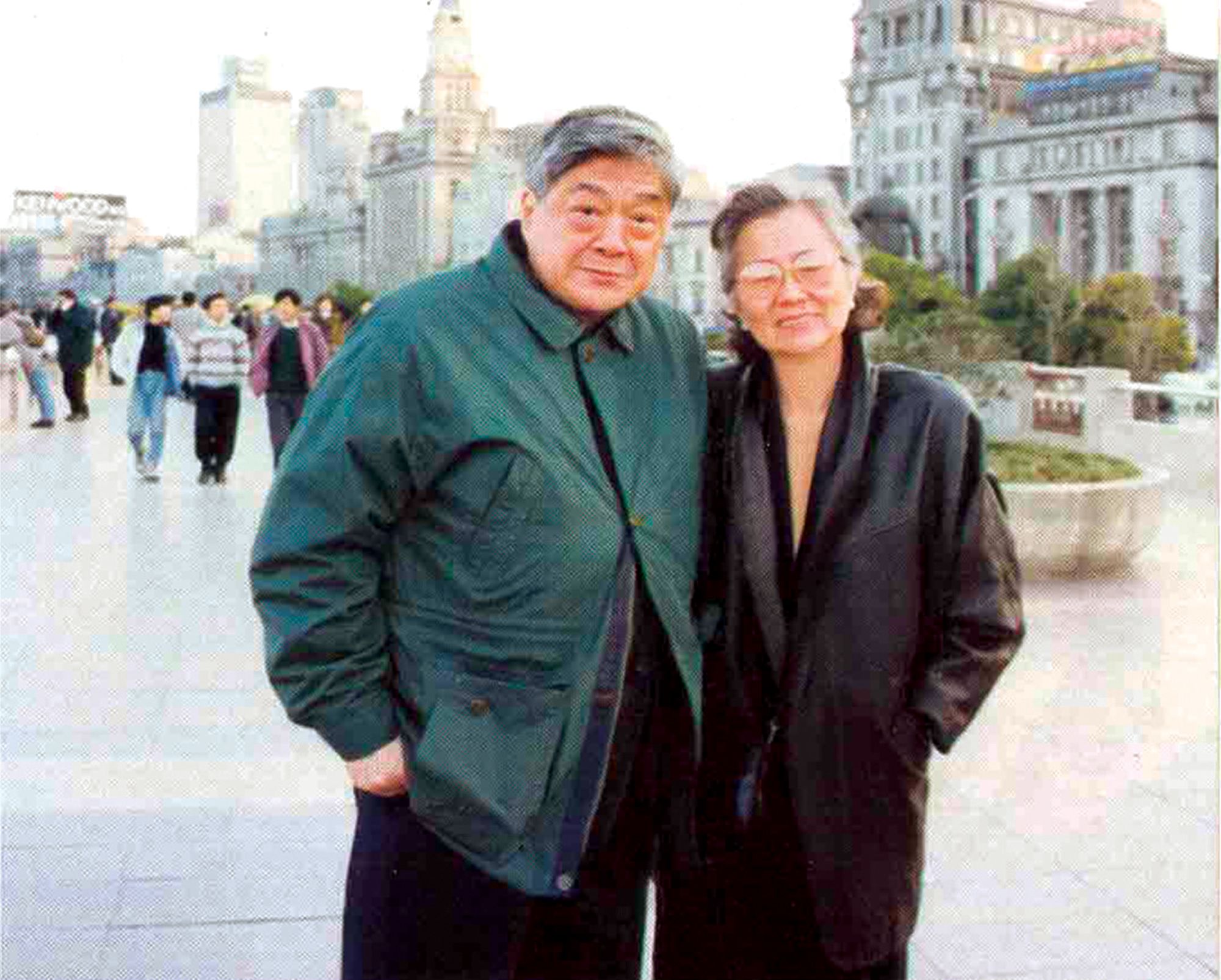
That act of generosity is touted as the biggest single endowment in the history of Philippine education. “I’m not an Atenean,” said Gokongwei at the groundbreaking in 2002. He studied under German priests at San Carlos University in Cebu, missed out on his schooling due to poverty and war, and got his MBA from Ateneo’s rival, De La Salle University. JGSOM opened in March 2003.
Last year on his 80th birthday, Gokongwei stunned everyone when he announced that he was donating half of his holdings in JG Summit to charity. When Singson asked if the patriarch consulted his family, he said he informed Elizabeth, his wife of 50 years. Believing that the mind is the greatest resource, he has been focusing on education in his charities in the past. His resourcefulness and love for reading buoyed him during his struggling years and invariably led him to create opportunities.
Gokongwei exudes a larger-than-life persona with his baritone voice and heavy-set frame. He strides into the presidential suite of Crowne Plaza with his heir apparent and unico hijo, Lance, and scrutinises the warm interiors. Although he lives a few metres away, he has never visited his own property. As the father and son, both clad in Zegna, settle for the interview at the business lounge, they exchange jokes. Then the conversation suddenly turns serious when they discuss the first quarter performance. This is typical of the family conversation—a mixture of cheeky humour, business and, in lunches, lots of gossip.

